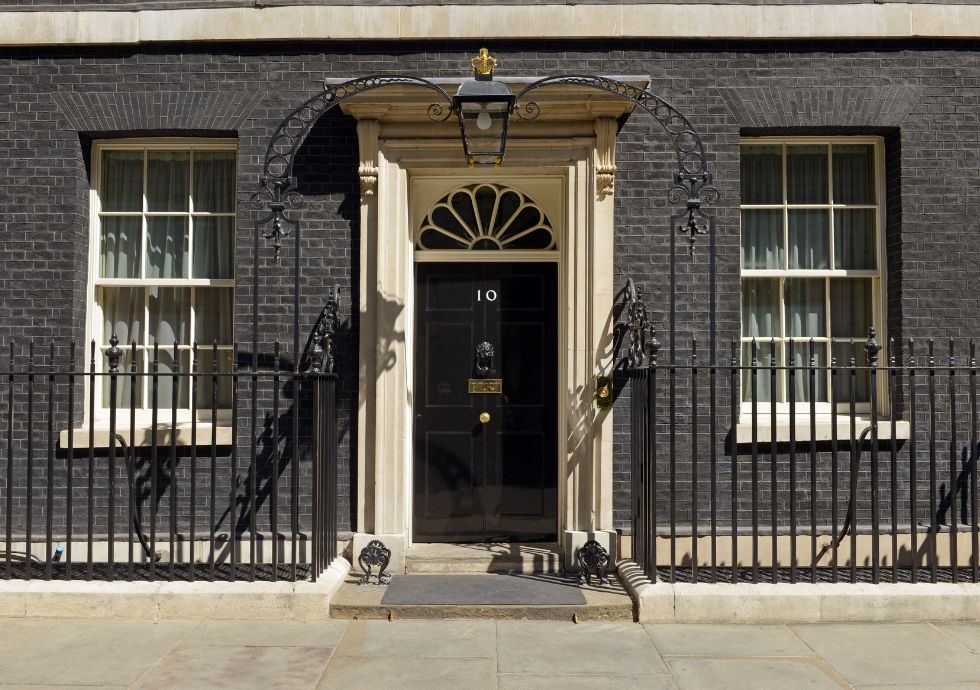20 Nov UK Housing Market Update – The Autumn Budget and a Possible Rate Cut
As we approach the upcoming Autumn Budget, there is a renewed focus on how government policy and monetary decisions may influence the UK housing market in the months ahead. Alongside this, speculation has grown that the Bank of England could introduce a small interest rate cut before Christmas, with financial markets already anticipating a potential 0.25 percent reduction.
This UK housing market update examines how both developments may shape activity this winter and into early 2026. While economic commentary often gravitates toward predictions and uncertainty, what we are observing daily on the ground is a market that remains active, steady, and more resilient than this time of year would typically suggest.

The Autumn Budget — Limited Direct Impact, but Possible Indirect Effects
Although the specifics of the budget will not be known until announcement day, expectations suggest it will contain tax-raising measures in certain areas. Based on current indications, we do not anticipate direct and immediate consequences for the housing market itself. However, there may be indirect effects on household finances or investor sentiment, depending on the nature of any taxation changes.
Historically, housing activity tends to respond gradually to budget measures rather than dramatically. What matters more in the short term is how confident buyers and sellers feel about the broader economic outlook. At present, that confidence appears stable.
Market Conditions Leading Up to the Budget
One of the more striking features of the current market is its health and consistency, even as we move through a period that traditionally sees a seasonal slowdown. Properties are continuing to come to the market, viewing numbers remain steady and most importantly, the buyers we are seeing are serious, prepared and taking decisions, rather than just browsing.
Sellers who set realistic asking prices in line with current conditions are achieving successful results. Homes that are attractively presented and correctly priced are going under offer in a reasonable timeframe, demonstrating that demand in still very much present.
Despite the looming budget, the slowdown seen so far has been little more than what we would usually expect at this time of year. What is particularly noticeable is a measure of urgency among both buyers and sellers who are keen to secure transactions prior to the budget date, preferring certainty over waiting to see what fiscal changes may be announced.
This desire for clarity is helping maintain momentum and contributing to an active and well-balanced market.

Bank of England Rate Cut Speculation
In parallel with the upcoming budget, is the possibility of an interest rate reduction by the Bank of England. As of now, the base rate remains at 4.0 percent, but markets are increasingly expecting a small cut before the end of the year.
While the broader economic reasons behind any change are not our focus here, the impact on the housing market would be broadly positive. A lower base rate generally brings down mortgage pricing, particularly for those nearing the end of fixed deals or considering new borrowing.
Even a quarter-percent reduction can make a meaningful difference to monthly repayments and affordability. For prospective buyers, this can translate into increased borrowing power and access to properties that may previously have been marginally out of reach. For sellers, improved affordability tends to support demand and contribute to smoother chains.
Should a rate cut be introduced, it is likely to act as a gentle tailwind, encouraging confidence, supporting affordability, and helping maintain steady activity through the winter and into the new year.
Buyer Behaviour – Should You Wait for Lower Rates?
With talk of potential rate cuts, some buyers may consider pausing their plans in the hope of securing a more favourable mortgage deal in January or February. While understandable, this strategy carries risks. Historically, when rates fall, confidence returns quickly, and demand tends to rise — particularly in the spring.
Waiting may result in facing greater competition, stronger bidding pressure and possibly higher prices. For buyers who have found a suitable home at a fair price today, the benefits of acting promptly will usually outweigh the advantages of waiting for a marginally lower interest rate.
In the context of this UK housing market update, the message remains consistent: the right property, priced correctly, purchased at the right time, usually proves more valuable, than attempting to time the market precisely.

The Months Ahead — A Market of Stability Rather Than Volatility
As we look toward early 2026, we anticipate stability rather than dramatic change. Borrowing conditions may gradually ease, fiscal measures may influence sentiment, and seasonal patterns will continue to play their part. However, none of these factors currently point toward volatility.
Our expectation is for steady, sustainable movement. Supply is healthy, demand remains robust and many people are motivated by practical life events, rather than market speculation.
This UK housing market update suggests a period of controlled, steady growth, where well-priced homes perform reliably and buyers continue to act with clarity and purpose.
How Kelvin Francis Can Support You
Whether you are considering buying, selling, or simply evaluating your options ahead of the Autumn Budget, our team is here to offer clear, informed guidance based on close observation of both local and national trends.
If you would like a current valuation, advice on timing your move, or a second opinion on a property under consideration, we would be pleased to help. NB. There in no charge for this advice.


Sorry, the comment form is closed at this time.